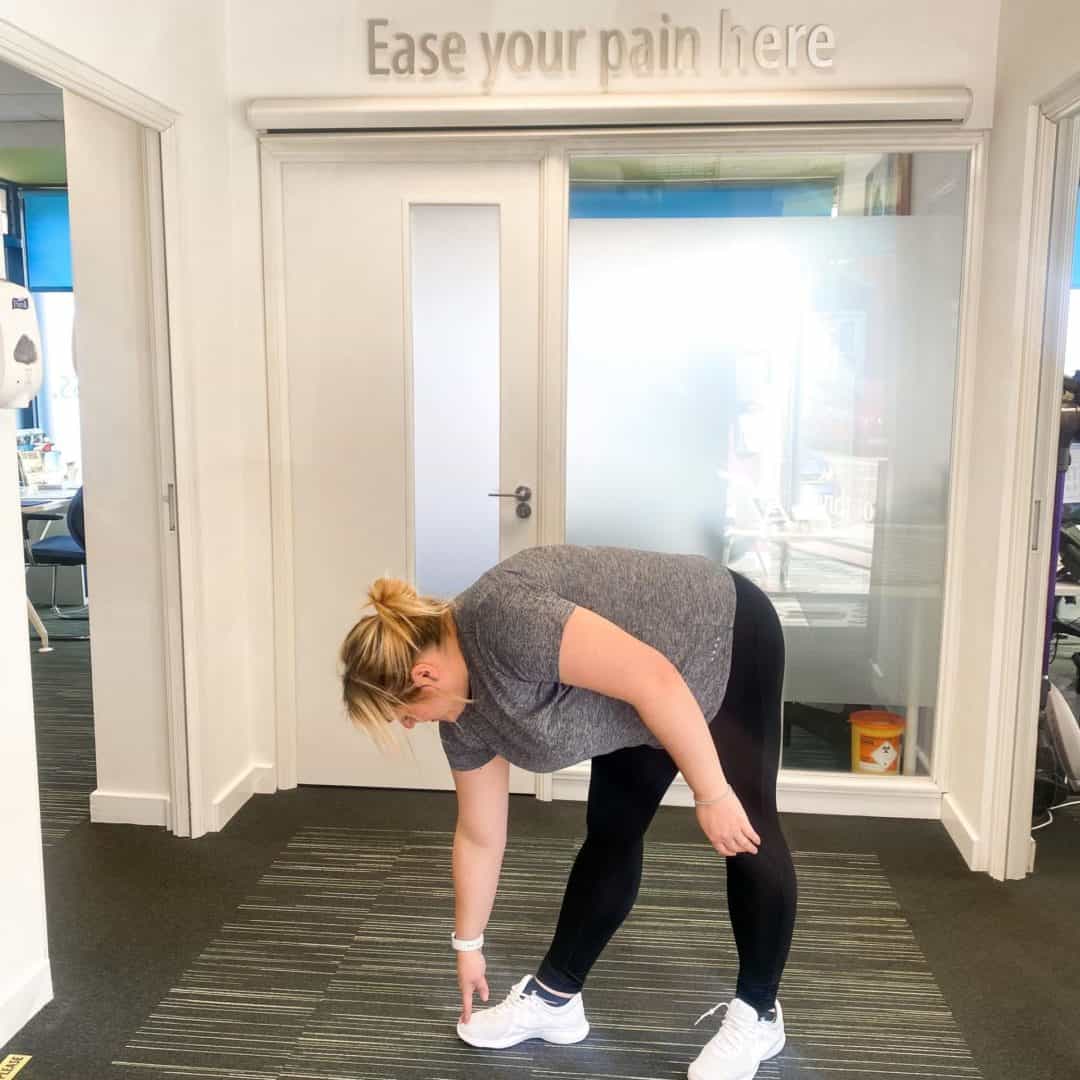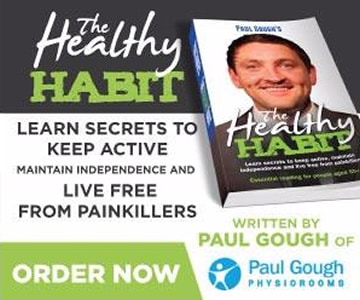
Our physiotherapists always get asked for ‘easy tips to improve flexibility’, especially recently since lockdown restrictions have started to ease and people are able to get out and do more.
Flexibility is something a lot of people struggle with, as muscles and joints getting stiffer and tighter.
Flexibility is really important – it helps you stay active and also aids with recovery.
So, let’s talk about flexibility: your ability to stretch and the ease with which you can freely move or bend. Without some degree of flexibility, life can be a bit more difficult than you might like and if you’re 50 or over, you’re probably already beginning to lose it on a daily basis.
As you begin to lose flexibility in muscles and joints (have you tried touching your toes lately?) you’ll notice increasing difficulty with the simplest of things, such as putting socks and shoes on, getting in and out of the car without a struggle and even doing some household chores.
And those next day aches and pains, the ones you feel after an active day spent walking or doing things in the garden, are caused by lack of flexibility too. If it’s affecting your life in any of these ways, it might help to know a little bit about it why it’s happening and what you can do about it.
The big problem is that not many people are open to the idea that you can increase your flexibility. It’s as if stiffness and a lack of freedom of choice when it comes to movement are an inevitable age thing. They are, to some degree! But doesn’t mean that you can’t slow down these effects, or even reverse them.
So how do you go about reducing the impact of muscles and joints getting stiffer and tighter by the day?
It’s simple: don’t stop!
The temptation is to think that because you’re feeling tighter and stiffer, you should stop and wait for the stiffness to go. More often than not, that’s the worst thing you can do, and rarely does it do anything other than get worse.
Swimming, bike riding and walking are all fabulous ways of preventing flexibility problems in your 40s, 50s and 60s – even if you only do each one for 30-40 minutes, three times a week.
And here’s our top tip:
When you finish doing any of these things, before you drop back on the couch, stretch a few of the muscles you usually have the problems with. At this point, after a nice run, swim, walk or ride around town, your body is in the best state it can possibly be to be stretched out, because it is warm. It’s so much easier and safer to stretch muscles and joints when you’re warm.
P.S. COVID-19 Update:
We are here for you! All of our staff have received their vaccine (read our vaccination blog post here), and we also have a fantastic, new, full-time physiotherapist working across our 4 clinics (read our blog post here all about Shauny).
Appointments remain limited and we are experiencing an exceptionally high demand for our physio services since UK restrictions were lifted, so please contact us immediately to avoid a long wait.
If you’d like some help, please click here to complete our enquiry form or CALL us on 01429 866771.

